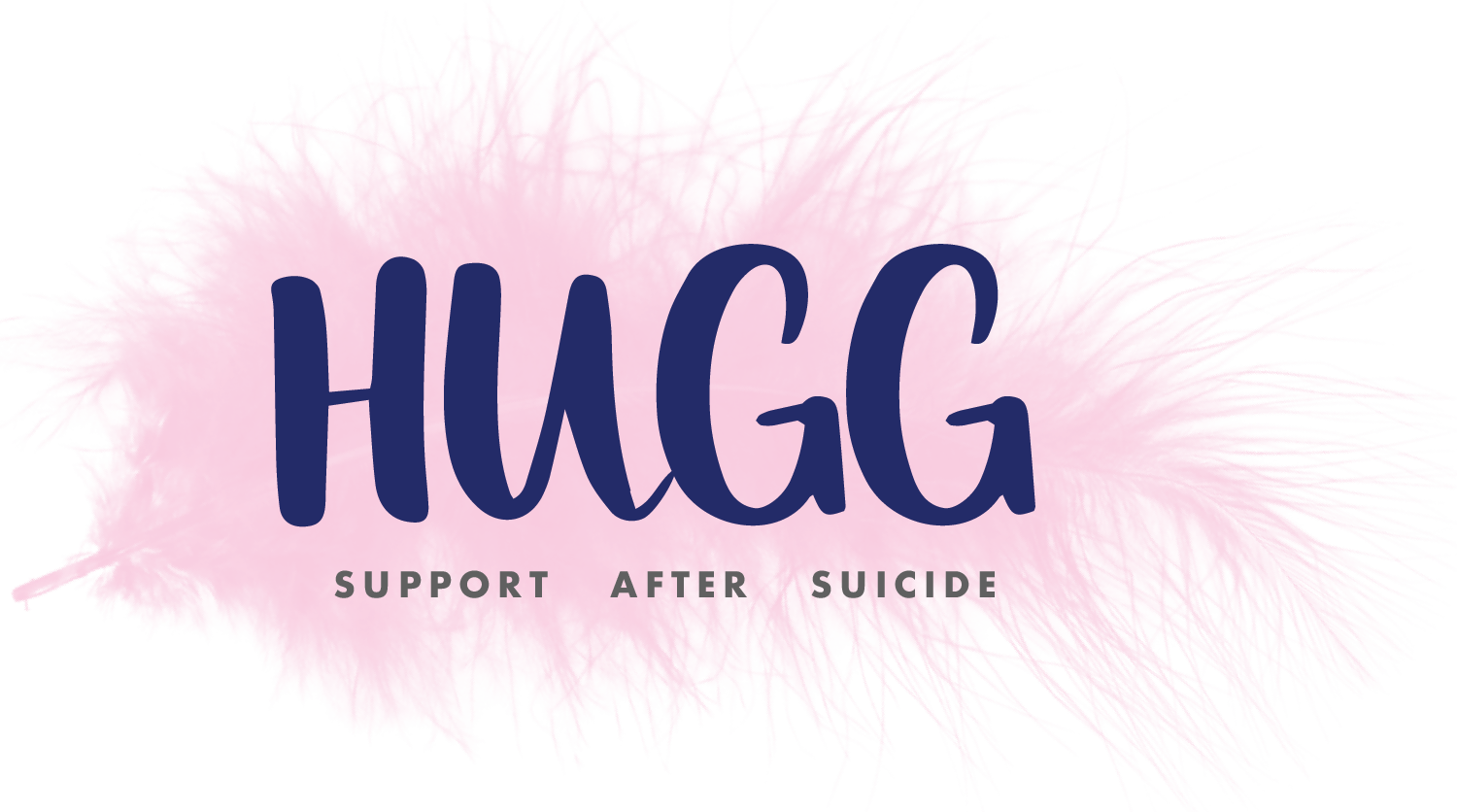Ireland’s First National Suicide Bereavement Survey
One in five people impacted by suicide had thoughts of self-harm and suicide themselves — some more than a decade after the loss of their loved one.
Impact of suicide on younger people
This major new survey has also highlighted concerns over the impact of suicide on younger people, particularly those aged 18-24, and for those working in a professional role, such as gardaí and frontline health workers, who may have encountered loss through suicide in both their working and personal lives.
HUGG collaborates with the National Suicide Research Foundation
The findings are from Ireland’s first ever National Suicide Bereavement Survey, in which 2,413 Irish adults took part. Undertaken by researchers at the National Suicide Research Foundation in collaboration with the suicide bereavement charity HUGG, it indicates the need for a major rethink about how those impacted by suicide are supported over a much longer period of time.
According to the findings:
- 62% of participants had lost a family member or partner to suicide, while a significant proportion had experienced the loss of friends, work colleagues, or as part of their professional role – including first responders, members of An Garda Síochána and healthcare workers;
- 54% experienced multiple bereavements;
- 56% reported poor mental wellbeing and reported symptoms of depression and anxiety – higher than the general population;
- One-in-five participants expressed some thoughts of self-harm or suicide in the two weeks prior to the survey;
- One-third of participants did not access any supports following their loss, particularly men;
- 65% of participants felt the quality of services in their area was poor.
Dr Eve Griffin of the NSRF, who led the research, said the findings about young people — who often feel the loss of a friend of classmate most acutely — and professionals indicated a need to broaden the definition of suicide bereavement.
According to HUGG founder Fiona Tuomey: “People feel completely disenfranchised if they are not seen [to be] within the nucleus of the family.
“We cannot assume [bereavement] is based on blood relations.”
Dr Griffin said it was concerning that one-in-five respondents still had thoughts of self-harm or suicide, highlighting their ongoing vulnerability as a group — particularly when for one-third the loss of their loved one had come more than a decade earlier. She stated:
“It is a very stark reminder that for people bereaved by suicide there is still a really high risk”
Dr Griffin said people with firsthand experience of suicide bereavement needed to be asked what supports they felt they needed, and the findings recommend more proactive and continuing outreach services, which Ms Tuomey said were currently only available “in pockets” of the country.
“It is at the very, very, very bottom of the bottom of the agenda,” she said, describing it as “it is the bereaved looking after the bereaved.”
She said discussions needed to be held about how to address this and other issues highlighted by the findings, so people can get the support they need when they need it.
The HSE National Office for Suicide Prevention provided funding for the research and the findings will be officially launched today by Minister for Mental Health, Mary Butler.





